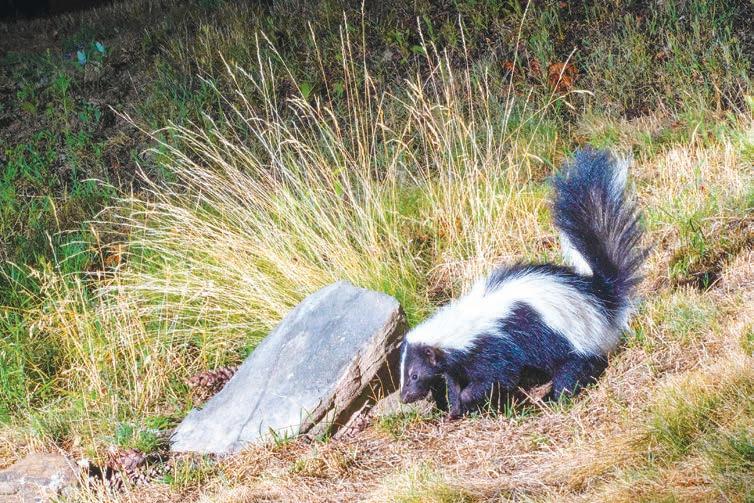
1 minute read
Relationships and Planning Workshop
Starting a Family? Growing a Family? Growing Old? Staying Young? Getting Married? Adopting?
Have any of the above been a concern of yours over the past few years? Let us at Davis Schilken, PC help put your mind at ease with our Love and Planning workshop. We can help give you a quick rundown on what type of things you need to consider with your Estate Plans as your family life changes. Don’t let circumstances cause worry. We will cover things like asset protection, marriage, divorce, blended families, and more.
Remember, there is always a solution – let us at Davis Schilken help you find a solution.
Join us for one of our Love and Planning Seminars!
When: Wednesday, February 8th 8:00am – 9:30am
Where: DTC Office 7887 E. Belleview Ave., Suite 820 Denver, CO80111
*Coffee and Bagels will be provided
When: Wednesday, February 22nd 11:30am – 1:00pm
Where: Denver West Office 1658 Cole Blvd., Bldg. 6, Suite200 Lakewood, CO 80401
*Sandwiches will be provided
Please RSVP to Sherice Ritthaler at saritthaler@dslawcolorado.com or call 303-670-9855
BY ANDREW FRAIELI AFRAIELI@COLORADOCOMMUNITYMEDIA.COM
is year’s rst rabid animal for the entire state was found in Je erson County, in Morrison near West Belleview and Quincy Avenues. Jeffco Public Health announced that a skunk tested positive for rabies from an interaction at a private home on Jan. 2.
“While rabies cases are most frequently seen in warmer months, historically, Colorado does see some cases all year long,” Rachel Reichardt, environmental health specialist, said in a statement. “Last year in Je erson County, there were 15 animals that tested positive for rabies, including eight skunks and seven bats.”
Rabies is transferred through the saliva of infected animals — most often bats and skunks in Colorado — if it comes in contact with a person or animal’s eyes, nose, mouth or open wounds. e virus itself a ects the nervous system and is considered fatal if not treated immediately, according to JCPH.
As precautions, the JCPH suggests vaccinating pets and livestock against the virus, avoiding contact with wild animals — especially any acting unusually, teaching children to stay away from wild animals, strays or dead animals and if a person is bitten, to wash with soap and water and immediately seek medical attention.


